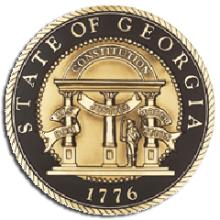Broadband 101 Fact Sheet
We are pleased to announce our most recent Fact Sheet - Broadband 101! Most of the people following our work already know these key details but you also know people who are confused and perhaps intimidated by Internet issues.
Enter, the Broadband 101 Fact Sheet [pdf]!
We cover basic terminology, traditional technologies to deliver broadband, and common policy goals. We also explain why fiber optic connections are so popular lately and why neither we nor Wall Street expects robust competition in telecommunications.
This publication joins our previous fact sheets that explained how community owned networks have led to new jobs and tremendous savings for community anchor institutions.
Please share it with elected officials, local policymakers, friends, enemies, and those people you aren't sure you really know on Facebook. If you have some thoughts on what we missed or what should be included in Broadband 201, let us know in the comments below.


